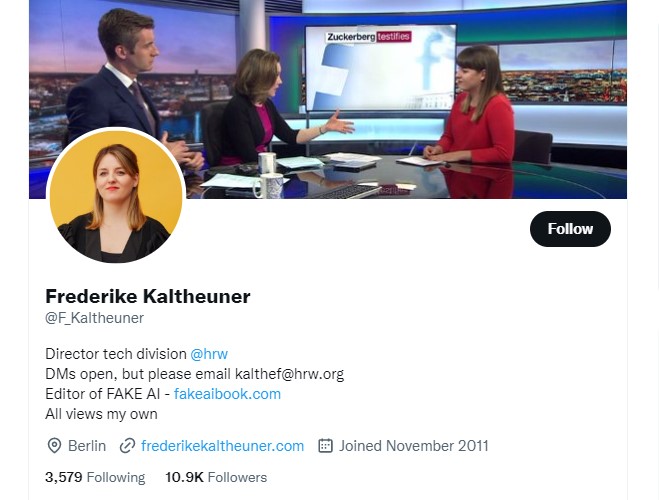VPN Makers Review 2023: Beyond the Flashy Commercials - Our Verdict
VPN Makers is a company that offers an easy way to connect to different servers across the globe. The service has a free trial and supports up to 256 bit encryption. It also follows a strict no-log policy. However, it does not support OpenVPN.
Provides 128-256 bit encryption
The answer to the question, "What is 256 bit encryption?" is not as straightforward as you might think. Aside from the AES encryption, other forms of encryption are also used. Generally, 256 bit is considered to be plenty strong. For example, AES uses multiple rounds of encryption. However, if you use a single round of 256 bit encryption, you will not achieve the same level of security.
One reason that 256 bit encryption is not as popular as it could be is because most computers can't crack symmetric keys of that length. It can take years for a human being to brute force a 126-bit key.
Another reason that 256 bit encryption is not as common as you might think is the fact that the best encryption algorithms aren't easy to implement on the average PC. Most computer manufacturers include an AES instruction set in their processors. This instruction set increases AES performance and makes it more resistant to side-channel attacks.
Has 23 servers in 11 countries
VPN Makers is a virtual private network (VPN) service that offers a solid performance and top notch customer support. The company's 23 servers are located in 11 countries around the world. It also supports several different types of protocols, such as PPTP and L2TP/IPsec. This allows users to easily connect to websites and apps through secure, encrypted connections.
Though VPN Makers has a lot to offer, it doesn't have all the features you'll find with the more advanced services. If you're in the market for a new VPN provider, you'll probably want to try another option. There are a few reasons for this, including the fact that VPN Makers doesn't have OpenVPN.
Another issue with VPN Makers is that it has a fairly small number of locations. Although the website claims to have servers in over 100 cities, this number is not entirely accurate. Some of the locations include Germany, Turkey, the United States, UK, Netherlands, Canada, Hong Kong, Indonesia, and Singapore.
Follows strict no-log policy
If you are looking for a VPN provider, you need to find one that has a strict no-logs policy. This ensures that your privacy is protected. There are many providers that claim to have a no-logs policy, but some of them are not as secure as others.
The first thing you should do is read the Privacy Policies and Terms of Service of your chosen VPN provider. These policies will tell you what type of information they keep, as well as how they use that data. You can also look up independent audits to see if the company's security and encryption standards are up to par.
If you are looking for a VPN that does not store logs, you should consider NordVPN. This is a popular provider that is located in Panama. They offer several packages and are available for Linux, Windows, and Mac. Additionally, they have a free trial to get you started.
Doesn't support OpenVPN
OpenVPN is a reliable and secure VPN protocol, and there are many VPN services that support it. Nonetheless, there are also some alternatives that provide faster and better performance.
OpenVPN is compatible with a wide variety of operating systems, including Linux, Mac OS, and Windows. It is also available in both a community edition and a commercial version. You can get the open source version for free.
OpenVPN is the preferred VPN protocol because it offers flexible, reliable, and secure site-to-site connections. It also provides a variety of encryption algorithms to choose from. For instance, you can use a BLAKE2 hashing algorithm.
In addition, you can also choose between six encryption ciphers. These include: IKEv2, TCP, UDP, SSTP, IPSec, and L2TP.
In order to achieve the best speed, you should choose the TCP port. While this option will slow down the connection, it will give you a higher transfer rate. However, it isn't as reliable as the UDP port.
Has a free trial
In order to decide whether a VPN service is worth your time, you should take a look at its free trial options. Some providers offer 7-day or even 30-day trials. While these may not provide a lot of features, they do give you a chance to test the service before you make a commitment.
Most VPN services will also offer a money-back guarantee. This is usually around 30 days. But it's not always easy to determine if you are eligible for this enticement. If you're not sure, you should call customer support and ask for a refund.
During the free trial period, you'll have access to most of the premium features. However, you will likely be limited to certain server locations and speeds. Also, if you don't cancel, you'll be charged automatically.

